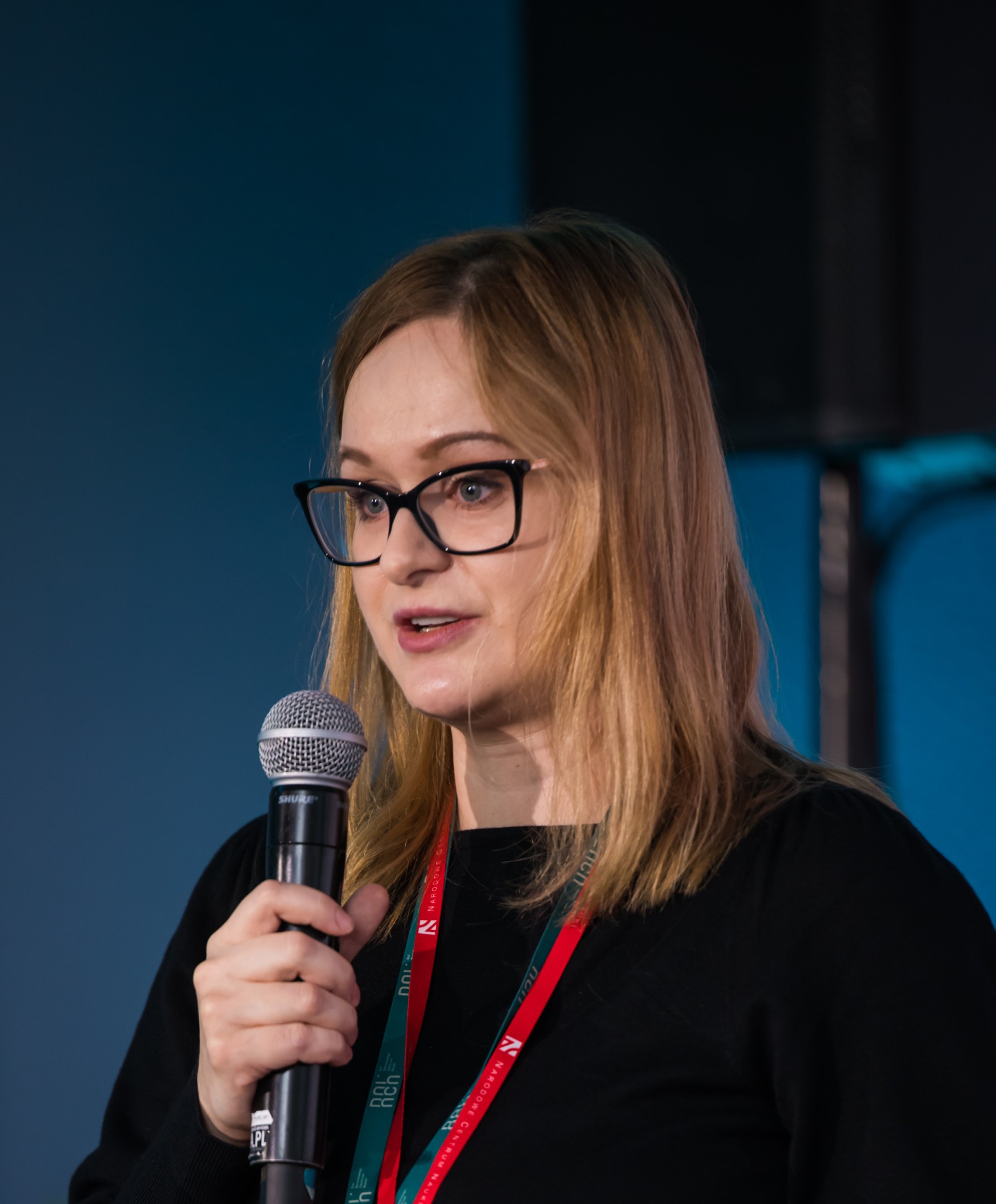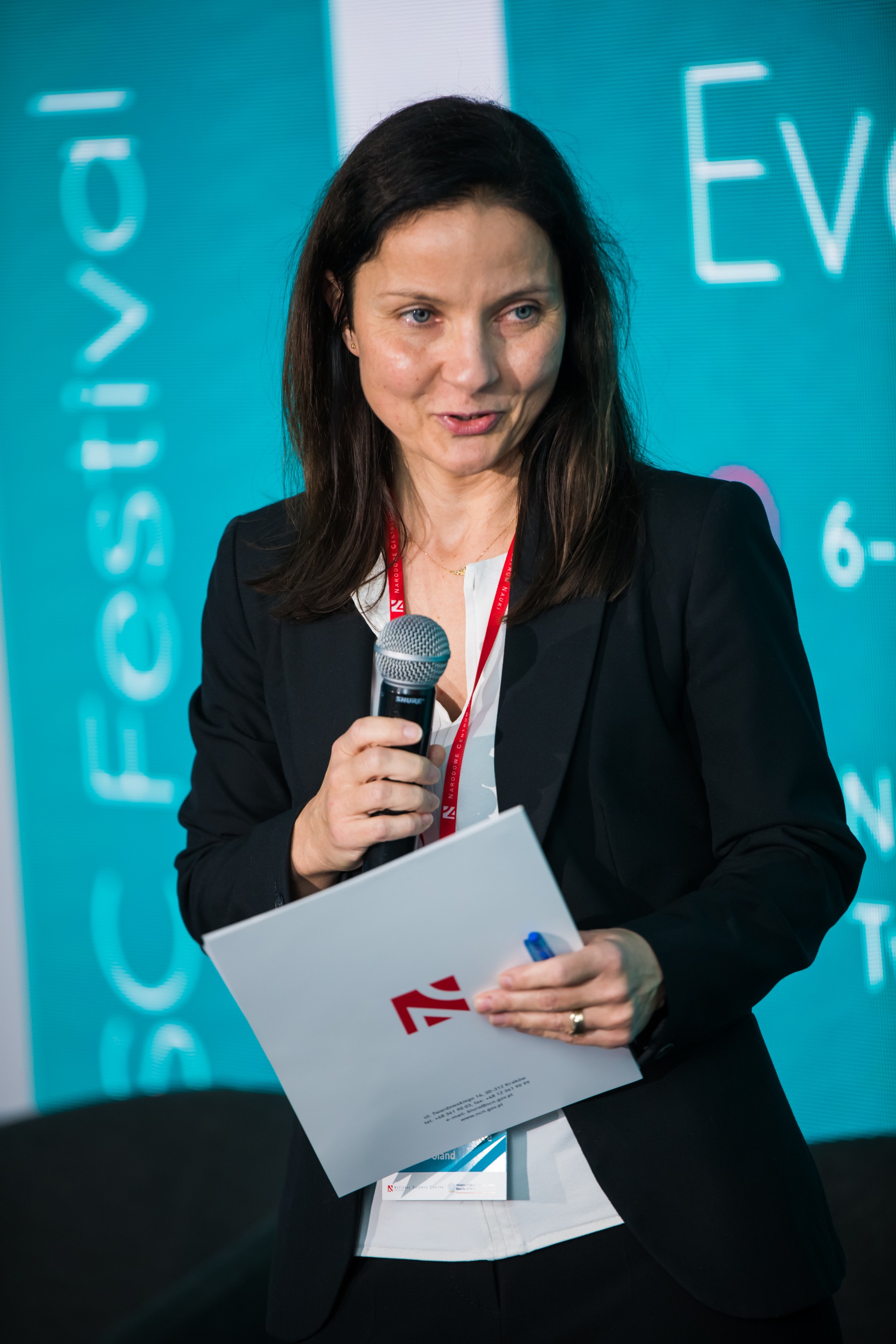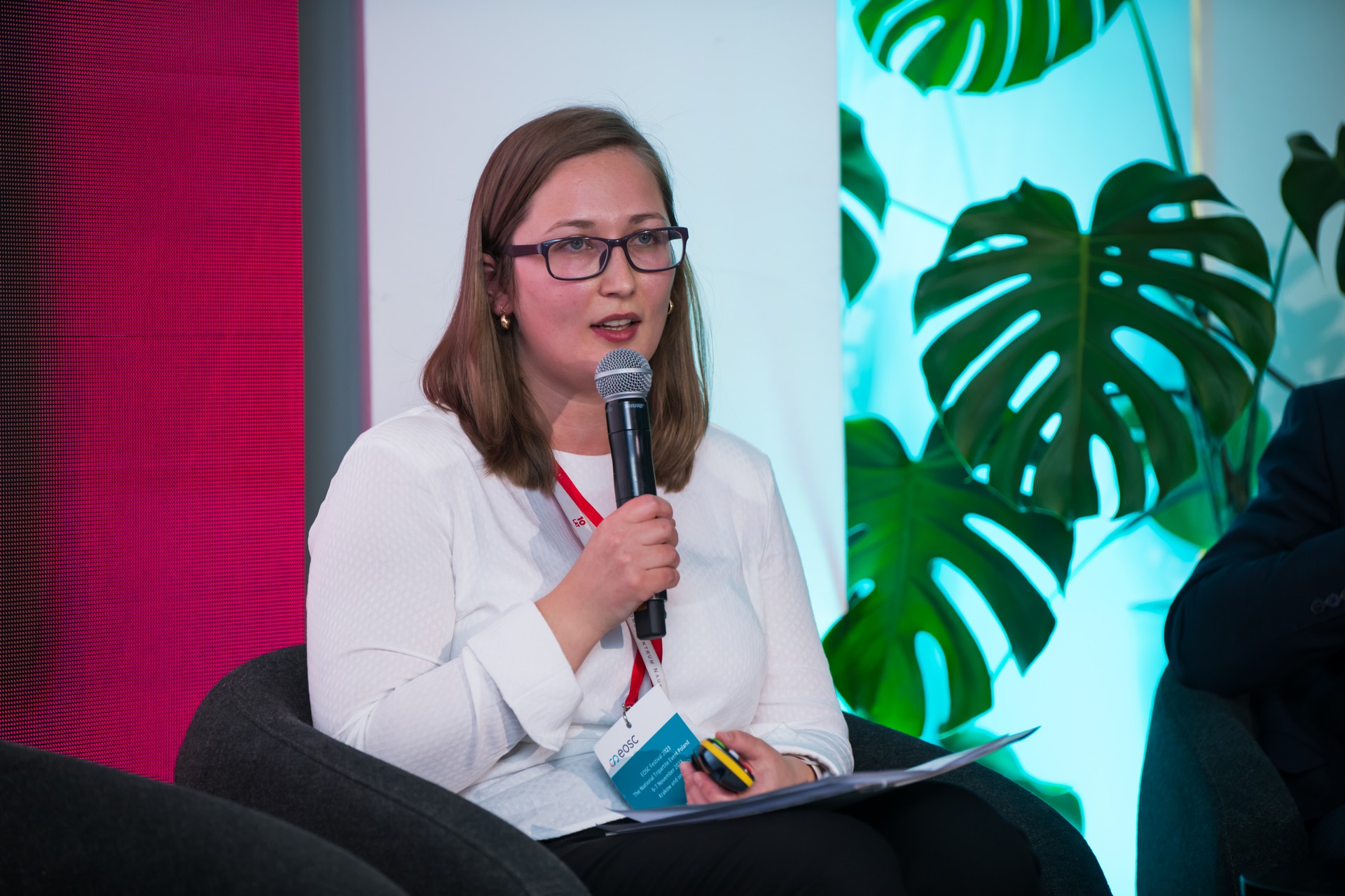Research Data Management: Introductory Course
This introductory course in Research Data Management explores key concepts and best practices to plan and manage data effectively in research projects
This introductory course in Research Data Management explores key concepts and best practices to plan and manage data effectively in research projects
This course is designed to provide participants with basic knowledge of Research Data Management and to help them build skills and competencies to put this knowledge into practice in research projects.
The course provides a comprehensive overview of issues related to Research Data Management, both in terms of the requirements of research institutions and funders, as well as good practices and principles adopted by scientific communities. The individual modules of the course combine theoretical aspects with practical considerations, focusing on equipping participants with the skills needed to use the acquired knowledge in designing and implementing effective Research Data Management strategies.
The suggested duration of the course is 6 weeks, and the estimated weekly time commitment in this schedule is 3-5 hours. However, you can complete the course at your own pace.
The teaching materials include text materials, multimedia presentations, interviews with experts from a variety of fields and areas relevant to Research Data Management, and webinar recordings. The course also features a discussion forum for communication with course staff and other participants.
The course is addressed to researchers or anyone preparing to conduct research (regardless of field or discipline), and to any individual interested in learning the basics of Research Data Management and open data sharing.
There are no prerequisites for participation. However, it is helpful to:
The course is delivered in English.
In the first module of the course, we introduce the basic concepts of Open Science. We start by defining scientific communication, Open Access to scientific publications, open research data and open science policies. We then move on to discuss the most important global and European initiatives and strategies of organisations working to promote Open Science, highlight the benefits of adopting an open model of scientific communication, present existing Open Science Policies and the European Open Science Cloud initiative.
Issues relating to the planning and organisation of research data workflows are addressed in two parts, presented across the second and third modules of the course. This discussion begins with an introduction to the concept of the research data lifecycle, followed by an overview of data types, databases and repositories, and the development of Data Management Plans. The principal objective of this module is to highlight planning as a critical stage in the research process. Topics introduced here are expanded and explored in greater depth in the subsequent modules.
This module continues the discussion of fundamental issues in the organisation of research data workflows. It focuses on practical considerations, including discipline-specific data management practices, effective folder structures, conventions for file naming and version control, and the preparation of non-digital data for sharing in line with the FAIR principles. The module also introduces key legal considerations that should be taken into account at the planning stage.
Module 4 is dedicated to the storage of research data across various stages of the data lifecycle, using a range of digital tools. It covers principles for secure short- and long-term storage, and offers guidance on the use of persistent identifiers, open file formats, and metadata standards.
This module addresses the sharing of research data in accordance with the FAIR principles, which aim primarily to enhance data reusability. It introduces the core principles, tools, and best practices for sharing data alongside appropriate documentation. Particular emphasis is placed on increasing the replicability and reproducibility of research, as well as ensuring the quality and reliability of shared datasets.
The final module presents Research Data Management from an institutional perspective. It outlines the roles, resources, and competencies required to support effective data management at each stage of project implementation.
The course includes six tests checking knowledge of individual modules (tests worth 60 points) and one final test (worth 40 points). To pass the course, you must review all the course content in each module and pass all tests with a score of at least 55%. You can take each test three times.
In order to obtain a certificate, you must pass the course with a minimum score of 55%.
Persons responsible for the first English edition of the course

Head of the Open Science Team at the National Science Centre Poland, she is responsible for coordinating activities related to the development and implementation of Open Science policy, as well as for the national coordination of the EOSC partnership. She has extensive experience in overseeing publishing processes for Open Access journals and in the development and implementation of international standards for Research Data Management, in line with the FAIR principles. She represents Poland as the chief delegate to the EOSC Steering Board and serves as the Mandated Organisation representative within the EOSC Association.
She actively engages in both national and international Open Science initiatives, including Science Europe and cOAlition S, which advocate for Open Access to scientific research outcomes. Additionally, she serves as an expert within the Advisory Team of the Ministry of Science and Higher Education on matters concerning Open Scientific data. Her work also involves collaboration on European projects focused on building infrastructure and shaping policies that support openness in science.

Natalia Galica is a member of the Open Science Team at the National Science Centre Poland, where her work focuses on Research Data Management, Open Access Policy, and collaboration within the European Open Science Cloud (EOSC). Within the EOSC Focus project, she is engaged in stakeholder outreach across the Eastern and Southern European region, covering ten countries. She serves as a reviewer for the EOSC Federation Handbook and contributes to the work of the Opportunity Area 5 (OA5) expert group, which addresses competence development, training, incentive structures, and the scaling of Open Science practices. Since 2023, she has represented Poland in the Council for National Open Science Coordination (CoNOSC). She holds degrees from University College Dublin (UCD), Ireland, and the University of Silesia in Katowice, where she currently serves as a research and teaching assistant at the Institute of Political Sciences. From 2010 to 2013, she was a scholarship recipient at Anglia Ruskin University in Cambridge, United Kingdom. She is an alumna of the Data Steward School and the Train-the-Trainer Bootcamp programme organised by OpenAIRE. Her doctoral research focuses on Open Science policy.

Gabriela Czarny is a member of the Open Science Team at the National Science Centre Poland, where she is responsible for the implementation and monitoring of the Centre’s Open Access Policy, including issues related to open research data. Her work involves analysing and verifying compliance with Open Access requirements for scientific publications and research data sharing requirements arising from NCN-funded projects. She also reviews Data Management Plans for adherence to relevant standards. In addition to her policy-related responsibilities, she coordinates and delivers training on Open Access and open research data. She co-led the development of the first edition of Massive Open Online Courses (MOOCs) on Research Data Management for researchers and data stewards, and has played a key role in organising subject-specific training courses in the field.

Jan Wieczorek is a member of the Open Science Team at the National Science Centre Poland. He is responsible for ensuring that Research Data Management courses on the Navoica platform remain updated, and supports course participants when organiser contact is required. He serves as an expert on the Advisory Team of the Ministry of Science and Higher Education on open research data. His research interests include linguistics, digital humanities, and the application of artificial intelligence in the humanities and social sciences. He is a former long-standing member of the CLARIN-PL research infrastructure team and previously worked at the Department of Artificial Intelligence at Wrocław University of Technology. He holds a PhD in historical semantics from the Faculty of Philology at the University of Wrocław.
Authors of the first Polish edition of the course

Jakub Szprot has been Head of the Open Science Platform at the Interdisciplinary Centre for Mathematical and Computational Modelling at the University of Warsaw (ICM UW) since 2013. He is responsible for the development of national-level services that provide access to scientific publications and research data, as well as for creating tools and solutions that support the implementation of Open Science. He also leads comprehensive educational and training initiatives in this area. Since 2006, he has been involved in numerous European and national projects related to IT infrastructure for science, Open Access, open research data, and digital humanities. In recent years, he served as project manager for ‘Disciplinary Open Research Data Repositories’. .He is co-author of a series of reports on Open Science and a member of various national and international committees, working groups, and advisory bodies focused on open science and open data. These include the Advisory Team of the Ministry of Science and Higher Education on Open Access to Scientific Content, the Working Group on Open Data at the Ministry of Digital Affairs, the European Commission’s National Points of Reference on Scientific Information, the UNESCO Open Science Advisory Committee, the EOSC Financial Sustainability Task Force, and the Advisory Team of the Ministry of Education and Science on Open Scientific Data.

Wojciech Fenrich holds master’s degrees in sociology (2006) and philosophy (2009) from the University of Warsaw. He completed his PhD studies at the Institute of Sociology, University of Warsaw, in 2011. Since 2011, he has been working at the Interdisciplinary Centre for Mathematical and Computational Modelling at the University of Warsaw (ICM UW). From 2011 to 2015, he was involved in the development of the POL-on information system. He later served as product owner and analyst in the Domain-specific Open Research Data Repositories project (2018–2021). He currently provides substantive support for the RepOD research data repository and contributes to its development as both analyst and product owner. He delivers training in Research Data Management, conducts social research, and is a translator of popular science books and publications in computer science.
.
Natalia Gruenpeter holds a PhD in Cultural Studies and is a member of the Open Science Platform team at the Interdisciplinary Centre for Mathematical and Computational Modelling, University of Warsaw (ICM UW). She is responsible for training, communication, and promotion activities. She is the co-author of the report ‘Transformative Agreements: Overview, Case Studies, and Legal Analysis’ (2021), and the author of numerous articles, brochures, and informational materials on Open Science. Since 2019, she has served as editor of the ‘Otwarta Nauka’ news service. She coordinates the National Open Access Desk for OpenAIRE and contributes to the work of the EOSC Association task force Upskilling Countries to Engage in EOSC.
Krzysztof Siewicz holds a PhD in Law and specialises in information technology law and copyright law, with a particular focus on free and open licensing and the reuse of public sector information. He has extensive professional experience in both legal practice and the non-governmental sector, and is currently a member of the Open Science Platform team at ICM UW. He is the author and co-author of numerous publications on Open Science, and has delivered training for researchers, editors, publishers, and staff of academic institutions for many years.
